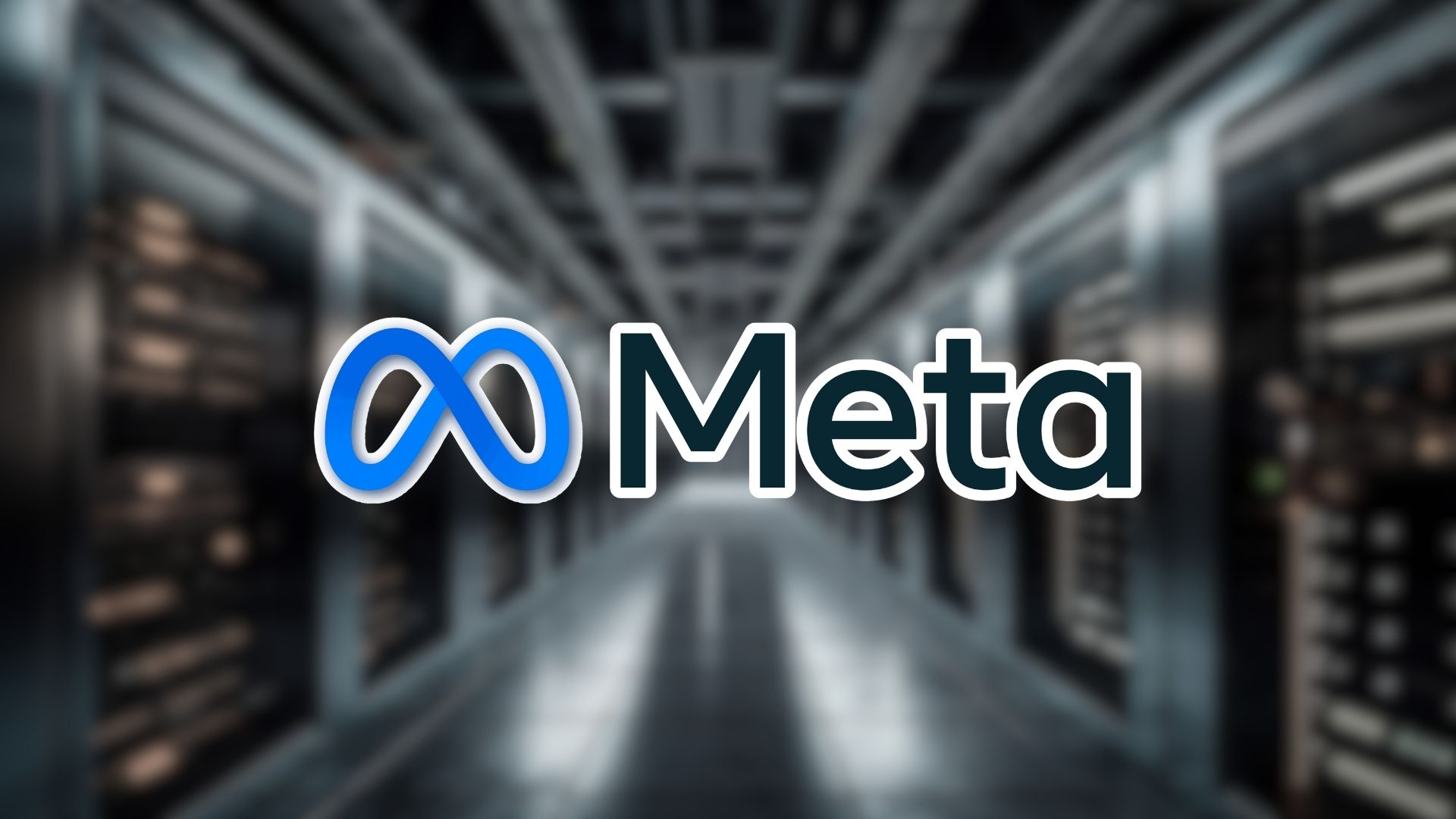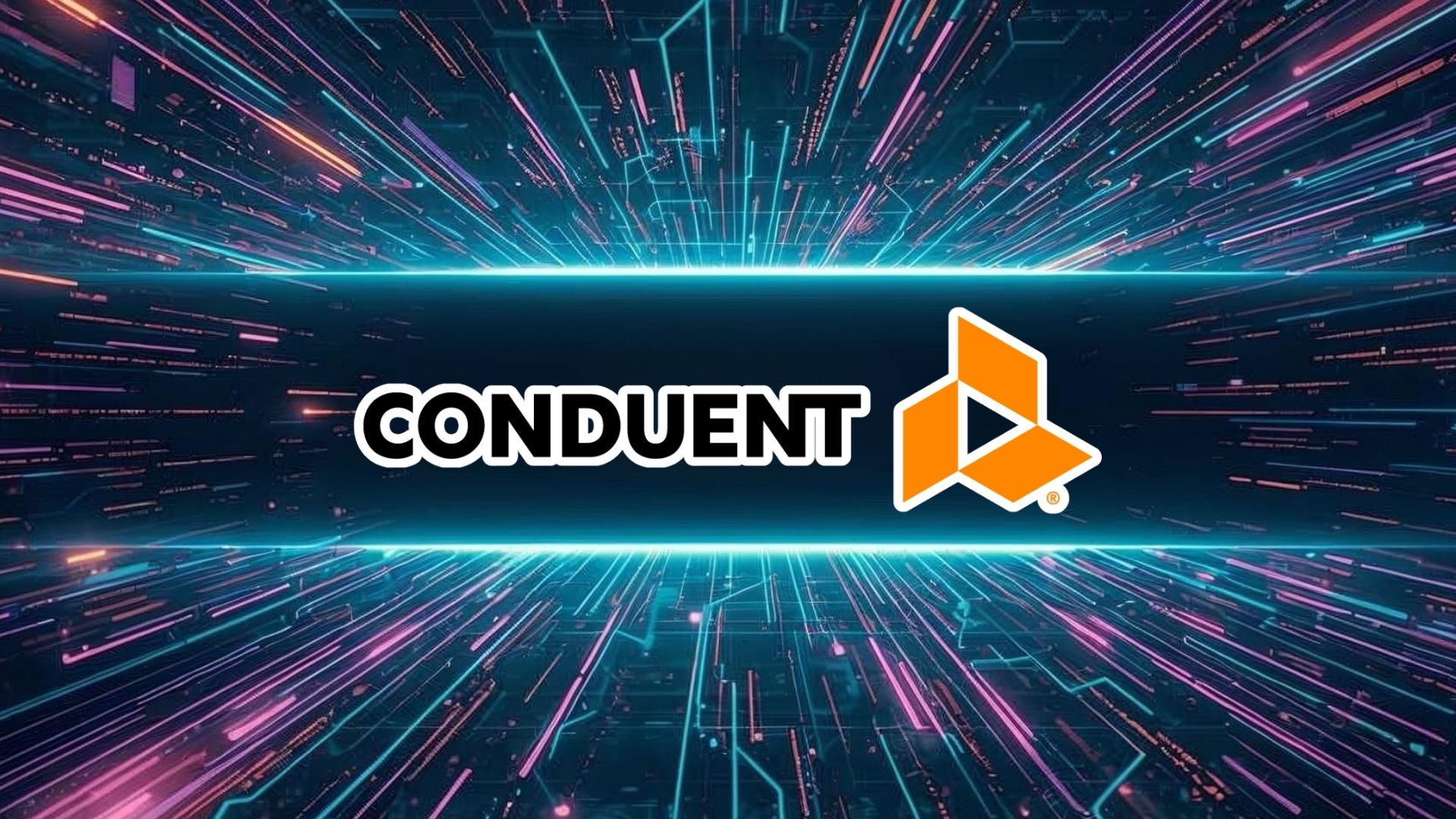The European Securities and Markets Authority (ESMA) has clarified that many crypto-perpetual contracts, including those for Bitcoin and Ether, are likely to be classified as contracts for difference (CFDs).
Due to their leverage, complexity, and risk, these products should target a narrow audience, with distribution strategies aligned accordingly.
The announcement came as Kraken launched perpetual futures for ten tokenised assets, including major indices, gold, and top tech and crypto stocks. ESMA warned that mass marketing or promotions targeting inexperienced investors are inappropriate under its guidance.
Firms must ensure that derivatives falling within the CFD category comply with product intervention requirements. Requirements include leverage limits, risk warnings, margin close-outs, negative balance protection, and a ban on incentives or benefits.
Non-advised services must include an appropriateness assessment to protect investors from unsuitable offerings.
ESMA also emphasised the importance of identifying and managing conflicts of interest arising from these products. The statement seeks to ensure firms market and distribute leveraged crypto products responsibly.
Would you like to learn more about AI, tech and digital diplomacy? If so, ask our Diplo chatbot!










